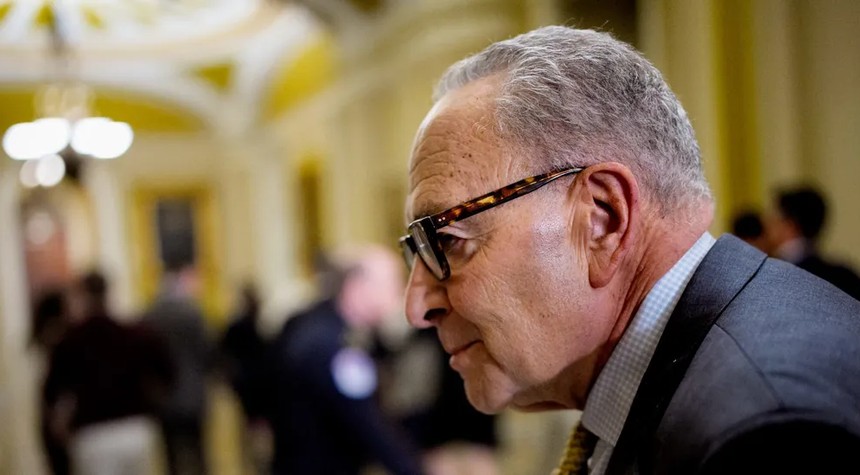The arithmetic of human suffering has a way of clarifying political disputes, and we are approaching that moment of clarity as the government shutdown enters its second month.
More than 40 million Americans stand to lose federal food assistance come November 1st without congressional intervention. The Supplemental Nutrition Assistance Program, commonly known as food stamps, faces a funding cliff that grows steeper with each passing day. Meanwhile, the Special Supplemental Nutrition Program for Women, Infants, and Children is projected to run dry this weekend, leaving low-income mothers and their children without crucial nutritional support.
The question that hangs over Capitol Hill is simple enough to state, if devilishly complex to answer: Who blinks first?
Senate Minority Leader Chuck Schumer and the Democratic Caucus have held their line, refusing to fund government operations until their policy demands are satisfied. They have voted down a bipartisan spending measure thirteen times now, each vote a calculated wager that public pressure will eventually break Republican resolve rather than their own.
House Majority Whip Tom Emmer, the third-ranking Republican in that chamber, believes the political winds are shifting. “First 26, 27 days of the shutdown, Democrats have been able to get away with this nonsense because most people in this country have not noticed, because they have not been impacted,” he explained. “That is changing this week.”
The evidence suggests he may be right. The shutdown’s effects are spreading like cracks in a windshield, each new disruption creating additional pressure points.
Hundreds of thousands of federal employees, from Transportation Security Administration agents to Capitol Police officers, have missed paychecks. Small business loans sit in limbo. National parks remain inaccessible. Air travel has grown increasingly chaotic, with the Federal Aviation Administration issuing a 75-minute ground stop at Newark Liberty International Airport on Wednesday, citing staffing shortages directly attributable to the shutdown.
Even some Democrats are acknowledging the mounting toll. Senator John Hickenlooper of Colorado admitted that “people are suffering” and that the situation “gets a little worse every week.” Yet Hickenlooper has voted with Schumer all thirteen times to block the bipartisan funding measure, prioritizing his party’s health care policy demands over immediate relief.
Senator Andy Kim of New Jersey expressed concern about air traffic controllers becoming “collateral damage” in the shutdown. He too has voted against the bipartisan funding bill thirteen times.
The mathematics here are straightforward. Republicans need just five Democratic senators to break ranks and support the House-passed bipartisan spending bill. That would end the shutdown immediately and restore funding to the programs now facing collapse.
There are signs that some Democrats may be reconsidering their position. Senator Jacky Rosen of Nevada, according to reports, appears to be softening her demands for reopening the government, though the details remain unclear.
The coming days will tell us whether the pressure of real-world consequences can break the political deadlock. Forty million Americans waiting for food assistance are not abstractions or talking points. They are families trying to feed their children, elderly citizens on fixed incomes, and disabled Americans dependent on federal support.
The question is whether their needs will prove more compelling than the policy objectives that have kept this shutdown alive for thirty days and counting. In a functioning democracy, that should not be a difficult question to answer.
Related: Kentucky Senate Candidate Morris Backs Trump Tariffs as McConnell Breaks Ranks


